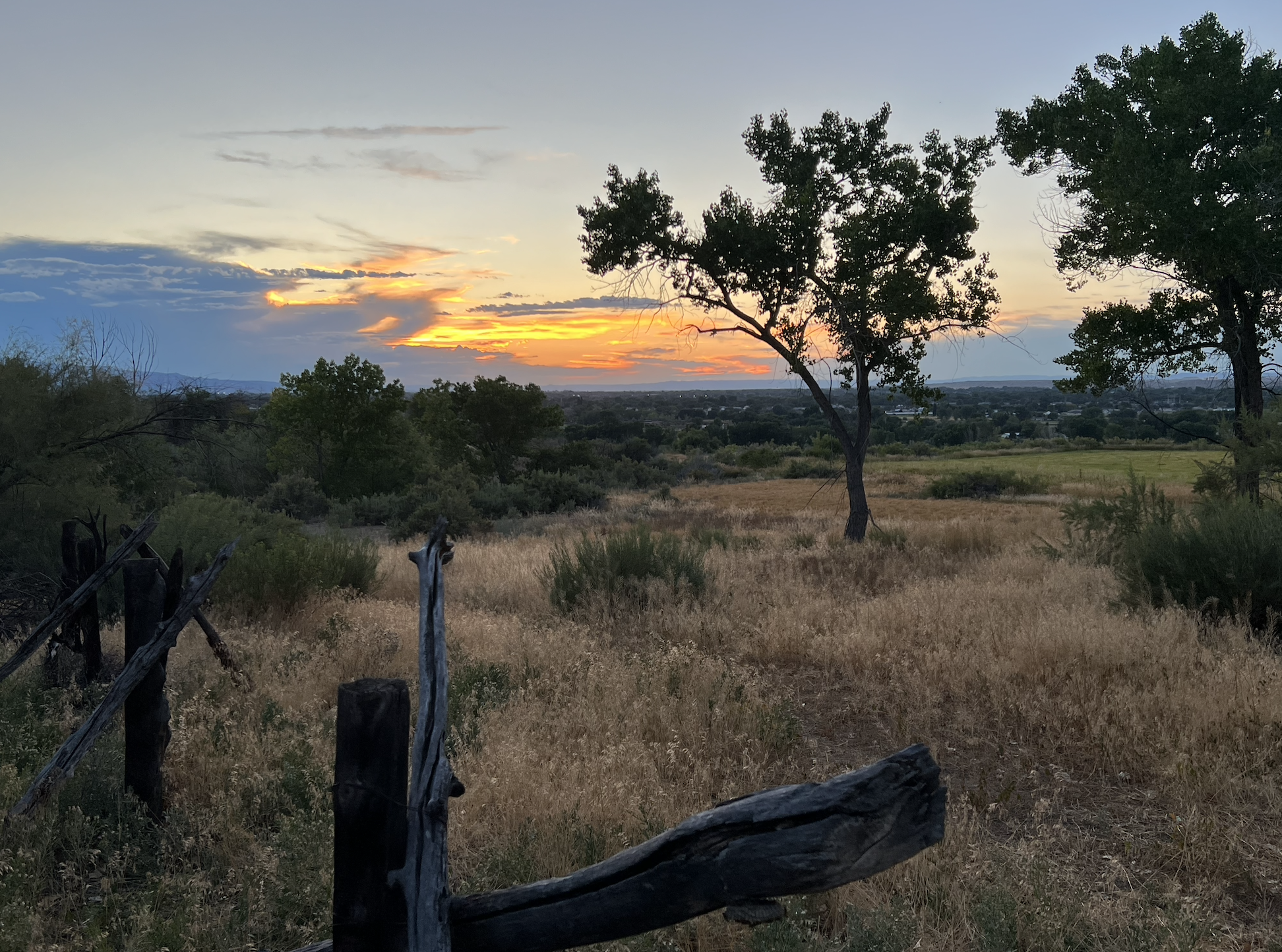Last week I cohosted a leadership conference in Kingston, Ontario. A longer harvest of the shape of that day is here.
One of the gifts / learnings for me of the conference was spoken by Juanita Brown. Juanita and I hadn’t seen each other in over three years. Yet it felt like it could have been three weeks ago. Such it is with dear friends and colleagues. Juanita offered a playful framing of conversational leadership that pointed to how the very paradigm of talking to one another has been discouraged or even punished for many of us in our early years. It is what many of us grew up with and is thus present in learning contexts today.
To indicate this, she asked how many of us by show of hands had grown up hearing things like, “Stop talking and get to work!” Or, “Stop asking so many questions and give me some answers!” Or, “Don’t talk to your neighbor!”
I smile to think of each of these. To remember it from my child years makes me chuckle. Most hands in the room went up, accompanied with a slight groan. Clearly a shared experience. Yet, when I think of how these expressions — patterns really — show up in todays learning, it is deeply concerning. So much more feels possible from the perspective of conversational leadership. This was in fact Juanita’s point. What becomes possible when we “start talking because it is our work” or “start asking more questions with permission to not have answers for a while” or “talk to our neighbors and coworkers and families”?
Juanita’s invitation was to see systems as living networks. Communities. Places that we work. Families. Municipalities. Everywhere. Conversation is one of the mediums through which these systems live. As important as water to the fish. Important as the air we breathe. That’s a paradigm shift. Conversation is one of the ways that we human beings connect with each other so that we can do what we need to do. Or do what we need to do with vibrancy and richness and innovation and sustainability and, and, and.
Juanita later named conversation as the new form of work. She offered story from her early community building with farm workers in Mexico. She talked of house meeting after house meeting where she witnessed people shift from dispositions of “if only…” to questions of “what if…” to convictions of “why not!”
Get talking. What a helpful invitation. And it is good to see it as the paradigm shift. I don’t feel, by the way that we are at the beginning of this paradigm shift. It feels more like a taking-off point. People of all sectors, and organizations in all sectors, are more and more inviting and requiring us to get talking, talk to our neighbors, ask questions.
And with my kids, yup, it is the new world I’ve been raising them in all of their lives. To encourage their curiousity — this is sweet. To ask them what questions they are asking of themselves and with their friends these days — this is sweet. Makes me wonder what questions they’ll be asking when they are older that evolve us even further in our capabilities as collectives.
